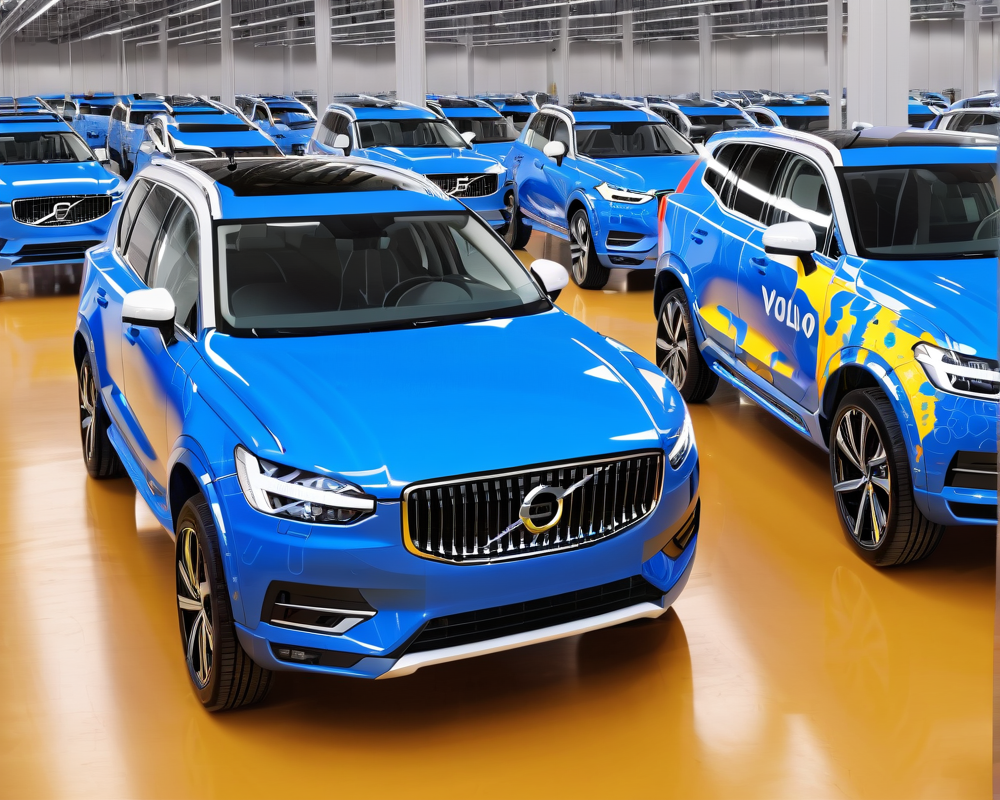Electric Cars and Ethical Sourcing
In a world where electric vehicles (EVs) are embracing a sustainable future, a spotlight is now shining on the ethical sourcing of materials. Volvo Cars, a subsidiary of Geely, is making headlines by utilizing blockchain technology to track cobalt, a critical mineral in battery production, ensuring that their vehicles do not exploit child labor or involve conflict minerals.
The Cobalt Monitoring Initiative
On August 2, 2023, news broke that Volvo has joined forces with various industry giants, including Ford, IBM, LG Chem, and Huayou Cobalt, in an initiative overseen by RCS Global, a responsible-sourcing group. Their mission? To monitor cobalt sourced from the Democratic Republic of the Congo (DRC)—a region notorious for child labor exploitation in mining.
How it Works
Volvo disclosed to reporters that the blockchain system is already operational, successfully tracing cobalt from a recycling plant in China to their facility in Zhejiang over a span of two months. The goal is to create a transparent supply chain that consumers can trust, demonstrating the company’s commitment to sourcing materials responsibly.
Technology Used in Tracking Cobalt
The ledger that tracks cobalt is being developed by Circulor, a British startup that harnesses technology from Oracle. By leveraging this advanced system, Volvo aims to assure customers that their electric cars are not tainted by unethical practices.
Future Applications
The blockchain system’s rollout is expected to expand significantly, with major implications for how many companies approach the sourcing of critical materials. As the technology develops, it may become a standard in tracking not just cobalt, but a myriad of other elements as well.
Challenges in Blockchain Implementation
However, the implementation of blockchain technology in mineral tracking isn’t without its challenges. Key players in the industry express a cautious optimism, as Doug Johnson-Poensgen, CEO of Circulor, emphasizes that while blockchain enhances accountability, it is not a cure-all. He stated, “No technology can completely replace due diligence,” highlighting the need for thorough enforcement of ethical standards.
What Lies Ahead?
With so many large corporations tentatively stepping into the realm of blockchain, it could revolutionize how businesses operate. Oracle’s vice president of blockchain product development predicts that within three years, up to 50% of companies may embrace this technology.
Conclusion: A Step Towards Ethical Sourcing
As Volvo Cars pioneers this blockchain initiative, it signifies a critical move towards ensuring ethical practices in the automotive industry. By tackling the thorny issue of cobalt sourcing, they are not only boosting their brand’s reputation but paving the way for a more responsible future in electric vehicle production.



